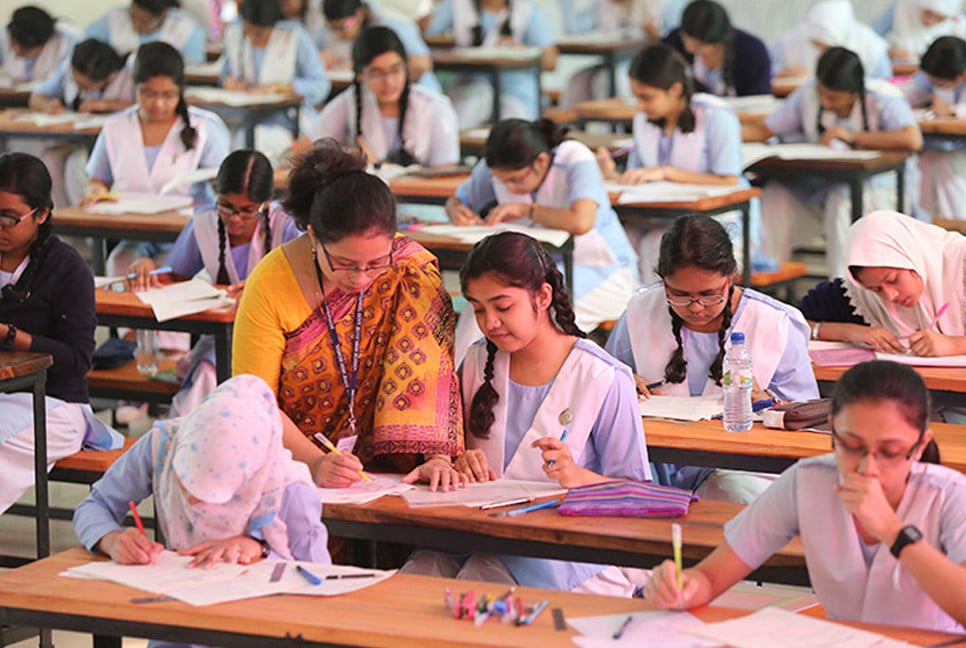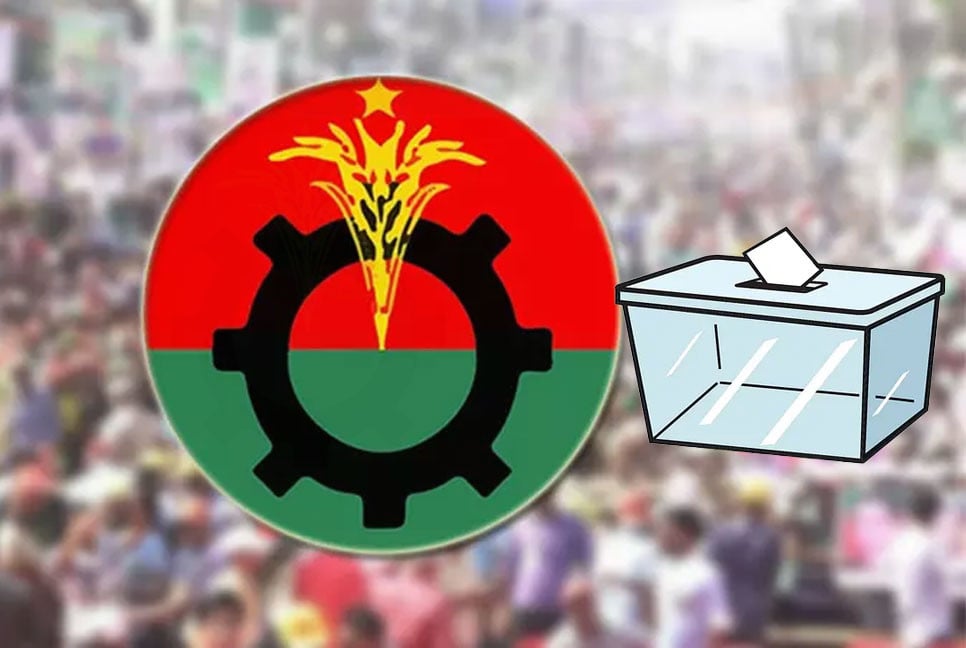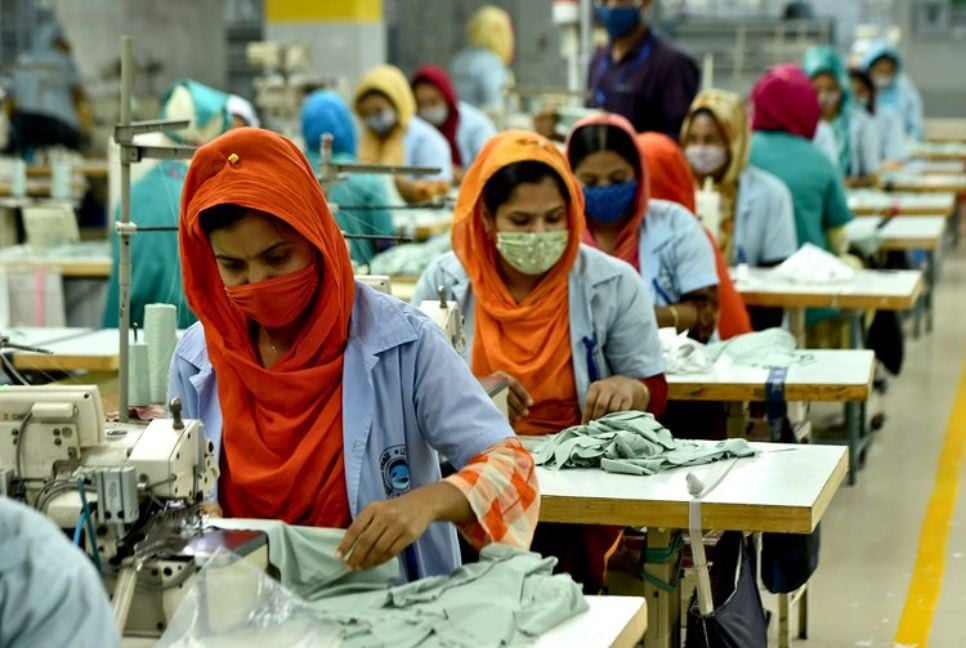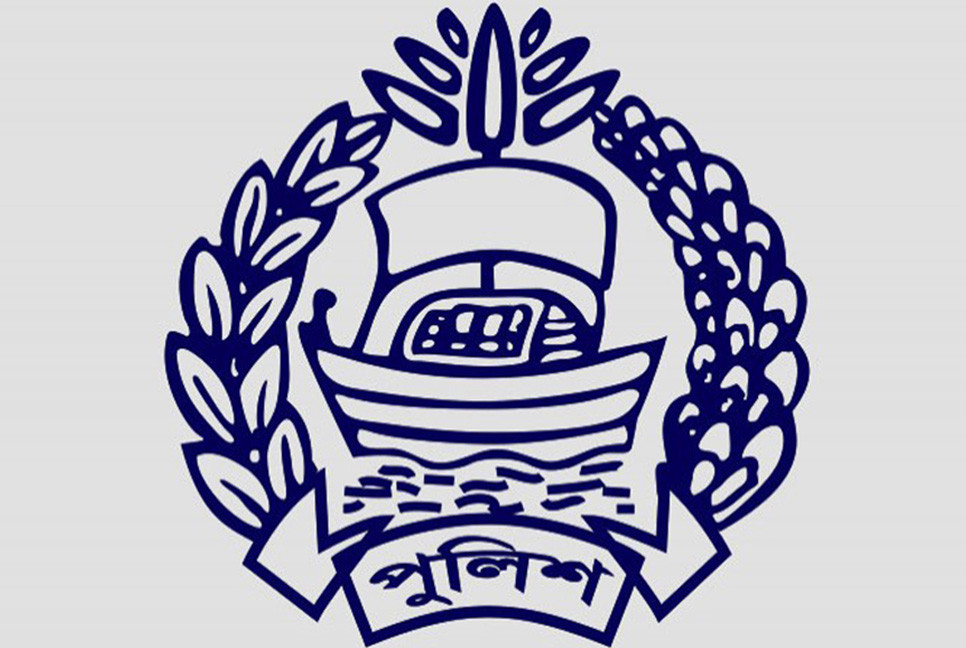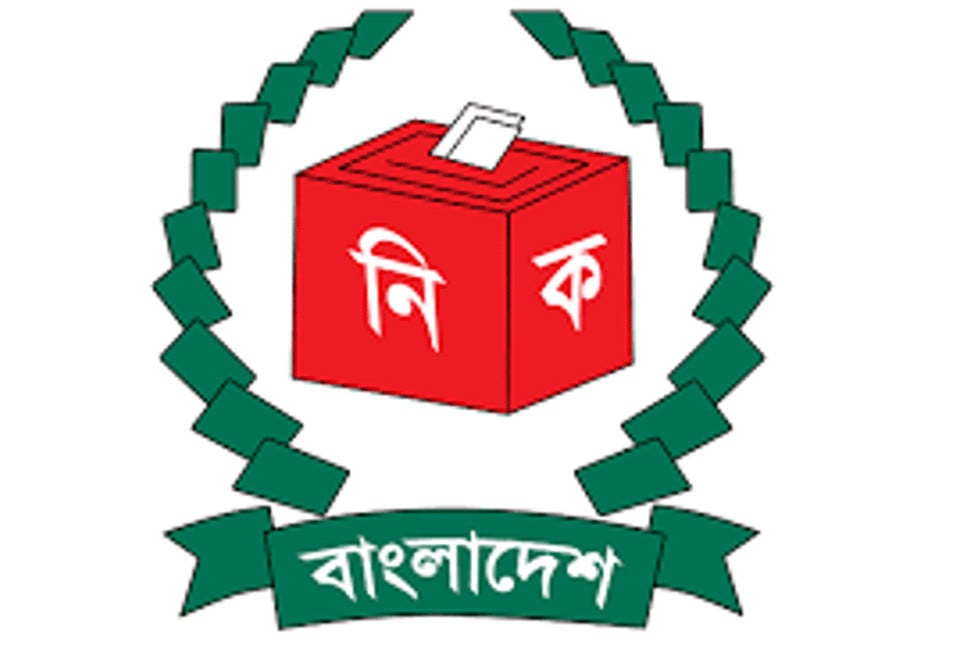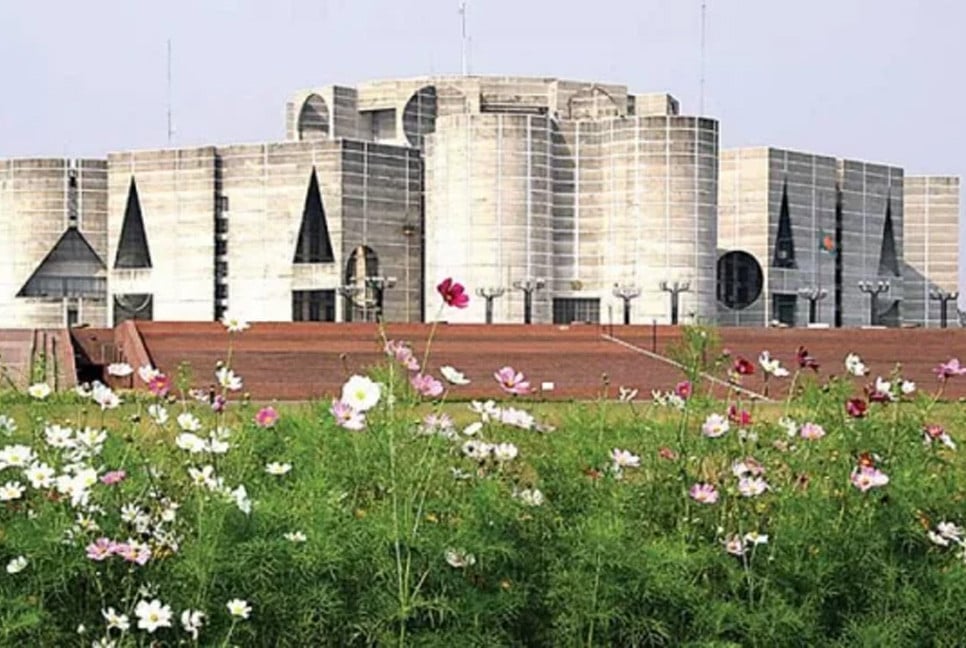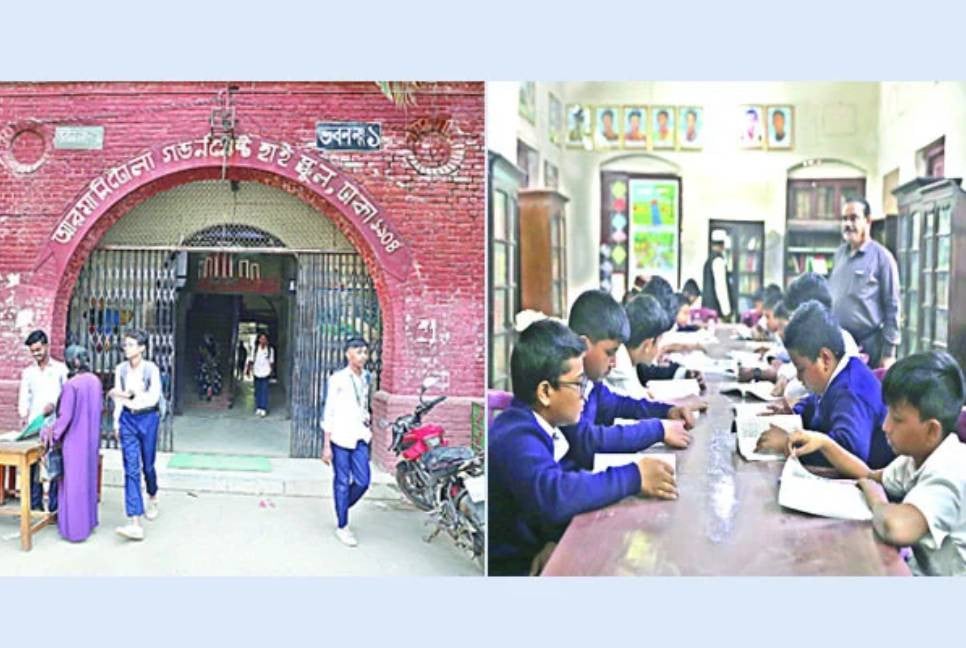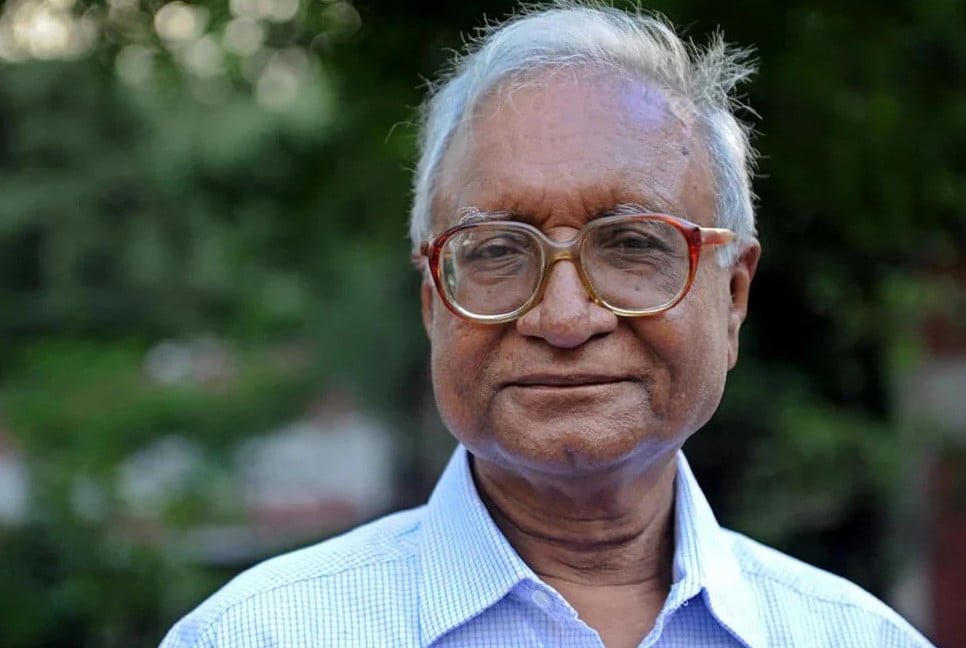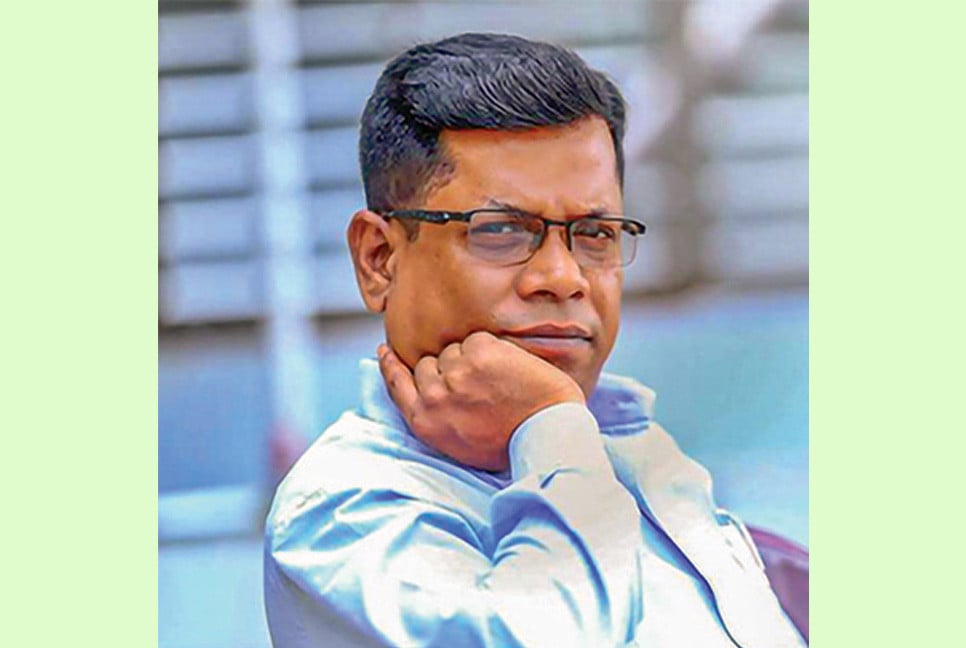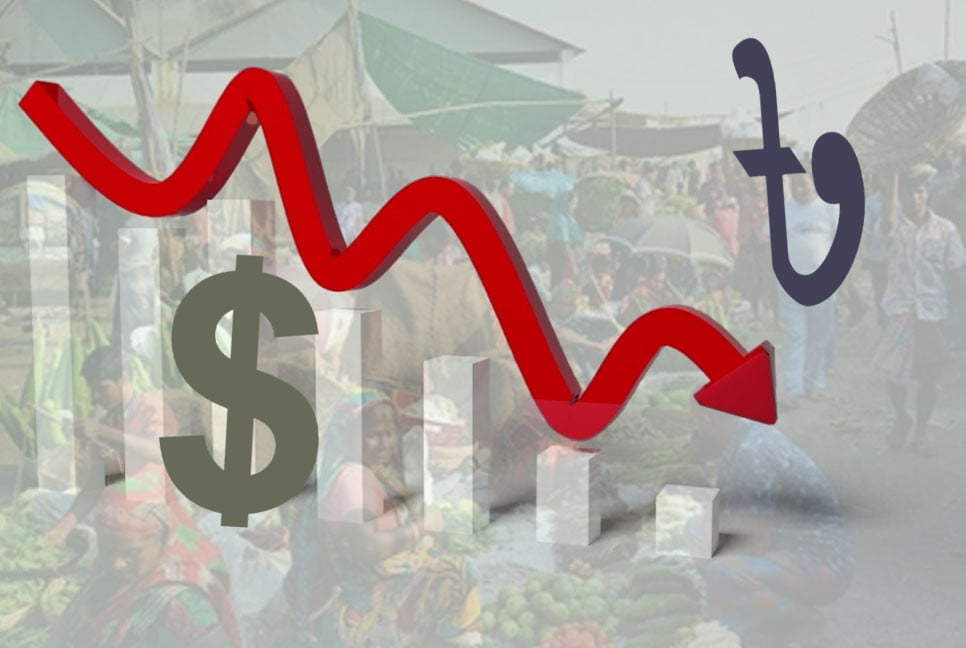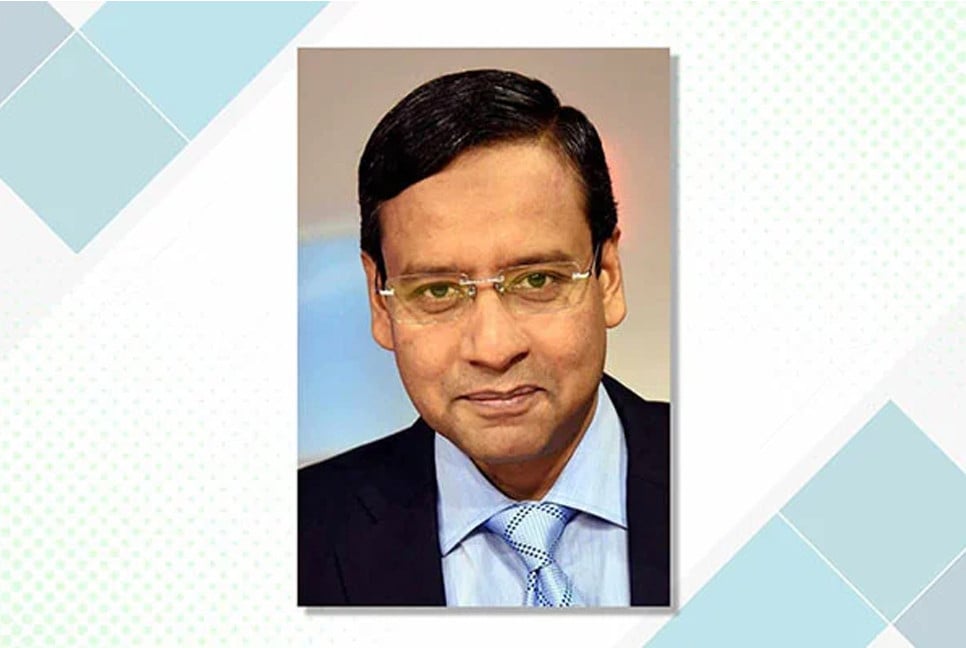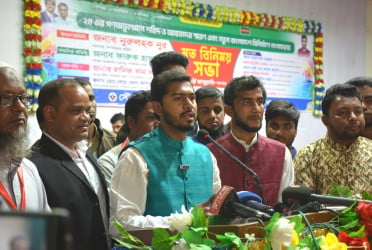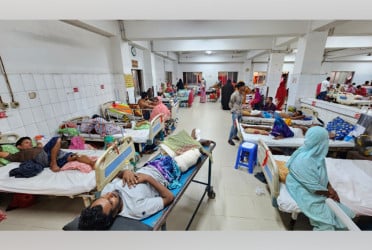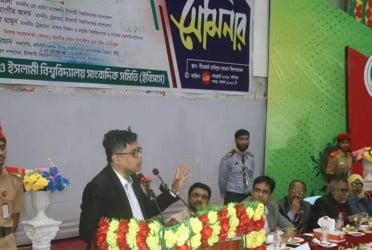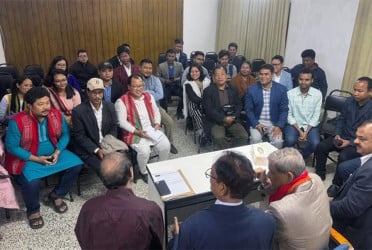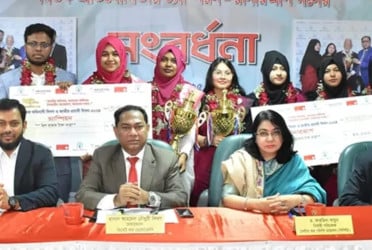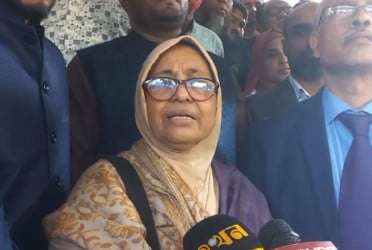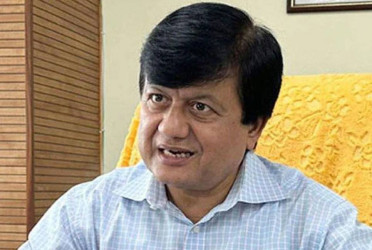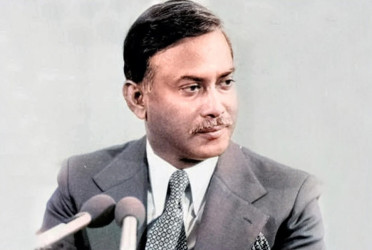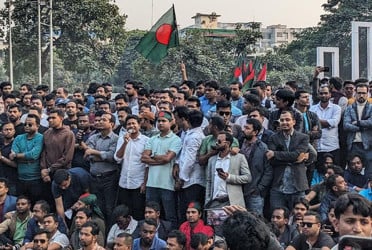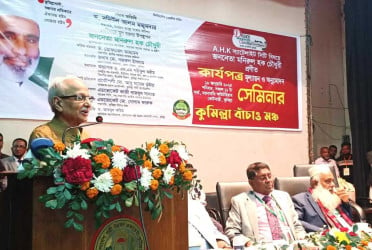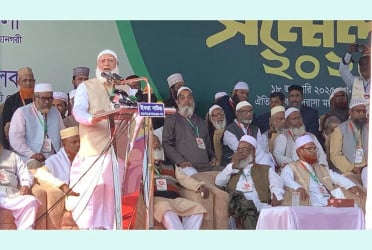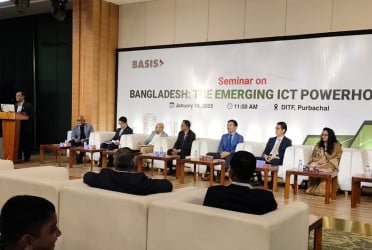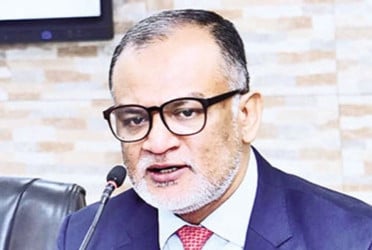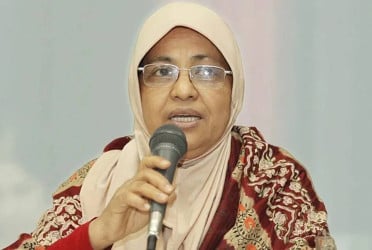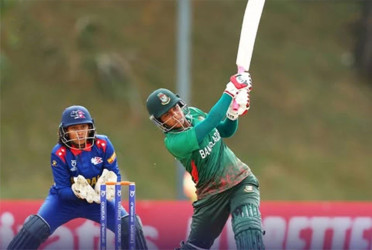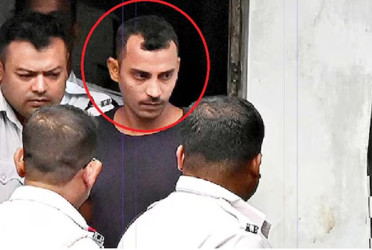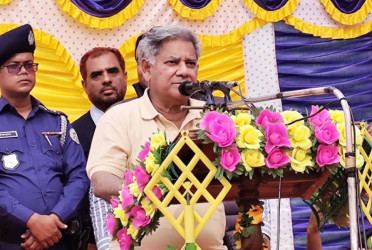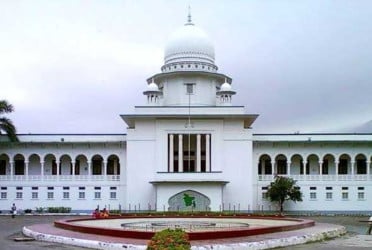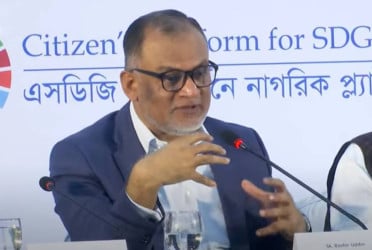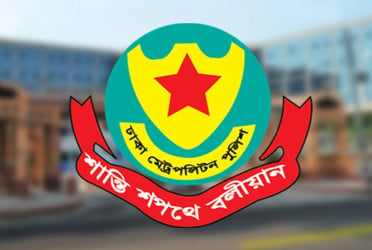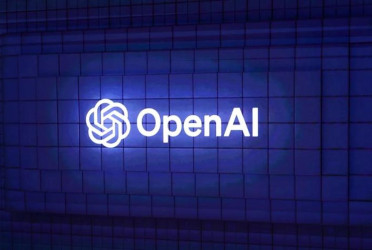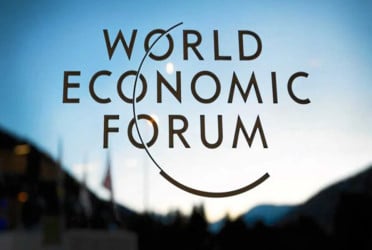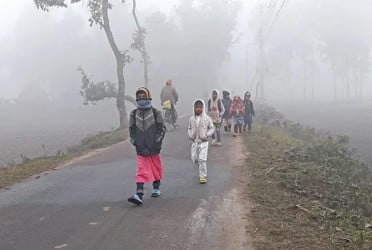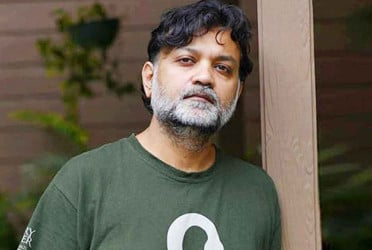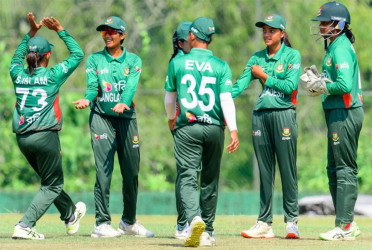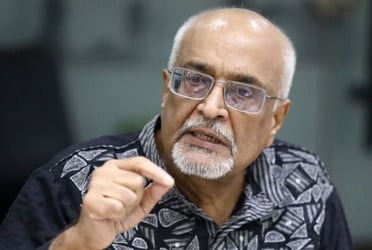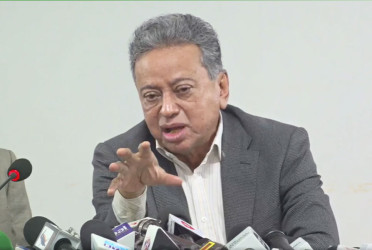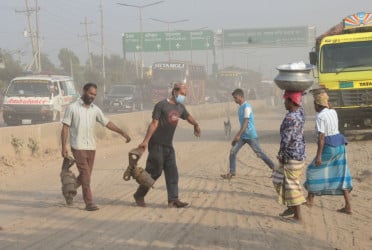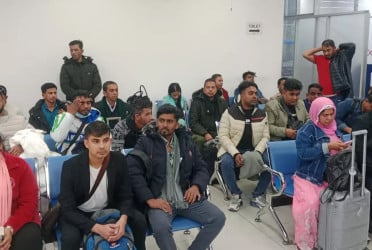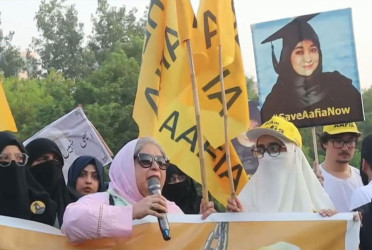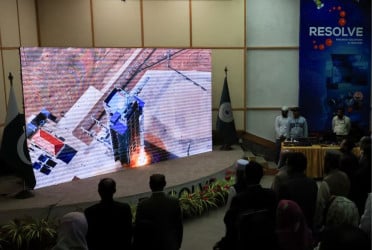During the COVID-19 pandemic, while many activities were limited, the government led by Sheikh Hasina kept all educational institutions closed for a continuous period of a year and a half. As a result of this prolonged closure, students became increasingly disengaged from their studies.
Following this extended break, schools and colleges reopened in September 2021; however, the government did not take any significant steps to restore a normal learning environment. To mitigate the impact of the long closure, no additional classes were implemented in educational institutions also.
Instead, the Awami League government introduced an auto-promotion system, enabling students to pass public examinations without actively studying. Education specialists have condemned the previous administration for trivializing student’s education.
Even years after the pandemic, former Education Minister Dipu Moni continued to enforce a shortened syllabus, which further reduced student’s motivation to learn. Consequently, passing exams without adequate preparation became the norm.
As a result, this year, while only a few subjects had examinations, the others were passed through auto-promotion. In response, students who failed their HSC exams initiated protests. Meanwhile, Professor Tapan Kumar Sarker, chairman of the Dhaka Education Board, commented on Monday that outsiders have infiltrated the demonstrations calling for auto-promotion.
Reports indicate that after a year and a half of school closures due to the pandemic, educational institutions reopened on September 12, 2021. As schools and colleges gradually resumed operations, examinations for secondary and higher secondary levels, including SSC and HSC, were conducted with a shortened syllabus for several years.
During this period, students were required to answer only 15 out of 30 multiple-choice questions (MCQs), a practice deemed absurd and illogical by education specialist, who argued that the very nature of MCQs already provides an opportunity for selection. They viewed the additional chance to choose questions as ridiculous.
As a result of this lax examination system under the Awami League government, students were able to pass without putting in the necessary effort, completely undermining the essence of what exams are meant to signify. The absence of academic pressure in educational institutions during this time also contributed to a rise in juvenile crime.
In 2021, public examinations began with a shortened syllabus, yet not all subjects were assessed. Only elective subjects were tested, meaning science topics for the science stream, humanities subjects for the humanities stream, and commerce topics for the commerce stream, while no examinations were held for crucial subjects like English.
In 2022 and 2023, the government led by Sheikh Hasina continued to conduct public examinations for SSC and HSC using a shortened syllabus. Even after the COVID-19 situation normalized, the Awami League did not revert to a full syllabus for four years. This year, the former government also retained the shortened syllabus for the HSC.
In response, some students protested at the secretariat, calling for the cancellation of these exams, which ultimately resulted in their cancellation.
Former Deputy Minister of Education A.N.M. Ehsanul Haque Millat told Bangladesh Pratidin, “Passing without exams, passing through leaked question papers, and passing without studying all began during the Awami League era under former Education Ministers Nurul Islam Nahid, Dipu Moni, and Mohibul Hasan Chowdhury Nowfel. This trend has created a class of students who wish to pass without studying. However, the talented students do not want this; they want to study and take exams.”
He also stated, “For this year's HSC, results were determined based on SSC performance without examinations in many subjects. After all this, those protesting to pass students who have failed cannot truly be called students; they have forfeited their right to education in this country, and they are being incited by individuals appointed by the Awami League in high positions within the ministry and education board to embarrass the interim government.”
Rasheda K. Chowdhury, a former advisor to the caretaker government and executive director of the Campaign for Popular Education, told Bangladesh Pratidin, “Auto-promotion and a shortened syllabus were introduced due to the pandemic. However, at some point, these measures should have been curtailed. Instead, examinations have continued under a shortened syllabus every year, which is not right. This has fostered a mindset among students that they can always evade responsibility. As a result, not only the students but also the nation is suffering.”
(Translated by Ark/Bd-Pratidin)

